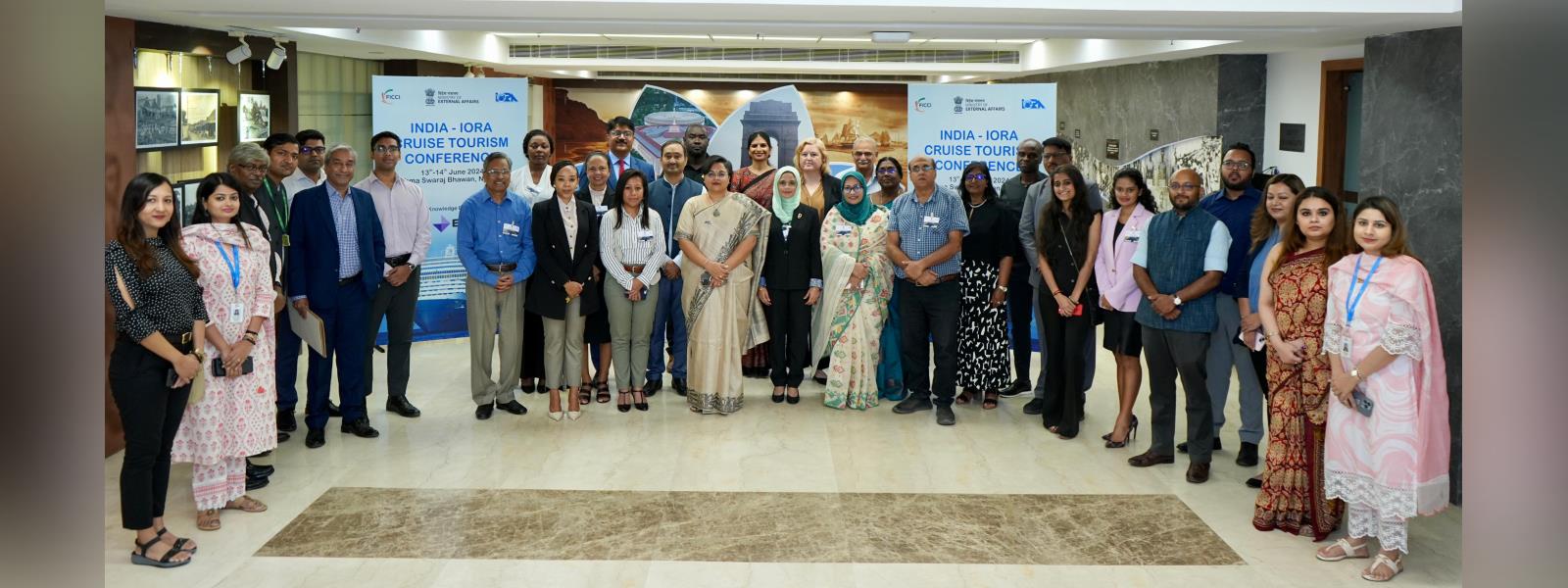India has surged to the forefront of global tourism, now ranking as the eighth-largest tourism economy, contributing a staggering $231.6 billion in 2024. This rapid ascent underscores not just an economic recovery but raises critical questions about who is truly benefiting from this growth.
Tourism Expansion Creates Economic Disparities
The World Travel & Tourism Council (WTTC) highlights that India’s tourism sector is thriving, but this growth is juxtaposed with the stark realities faced by workers in the industry. As reported by the PIB, the tourism boom has created a new class of affluent travelers and businesses, yet many workers remain in precarious positions, often earning meager wages with minimal job security.
Employment Growth and Inequality
While the tourism sector is projected to rise further in the coming years, the benefits are not equally distributed. Reports indicate that India"s middle class is expanding, spurring domestic tourism, yet low-wage workers in hotels, restaurants, and transport services see little of this wealth. The Union Budget 2025-26 allocated ₹2541.06 crore to enhance tourism infrastructure, but the question remains: will this funding translate into better wages for those who serve the industry?
Government Initiatives and Their Impact
The Indian government"s initiatives, such as the “Incredible India” campaign, have been pivotal in promoting tourism. However, these campaigns primarily elevate the visibility of destinations rather than addressing the systemic issues within the labor market. According to the India Tourism Data Compendium 2024, the focus has been on attracting international arrivals, yet this growth has not correlated with substantial improvements in worker conditions.
Worker Rights in the Spotlight
As tourism flourishes, advocacy for workers" rights must gain momentum. The economic benefits touted by the government must be paired with policies that ensure fair wages and protections for laborers. The Ministry of Tourism emphasizes skill development and travel facilitation, but without enforceable labor standards, the vision of a thriving tourism economy remains incomplete.
\n\n
India-IORA Cruise Tourism Conference held in New Delhi on 13 ...
Environmental Concerns Amid Economic Growth
With increased tourist influx comes the risk of environmental degradation. The push for tourism, especially eco-tourism and adventure tourism, raises questions about sustainability. As reported by the PIB, while there is potential for job creation, the ecological costs must be carefully managed. Striking a balance between economic growth and environmental preservation is critical for long-term sustainability.
Future of Tourism and Worker Protections
The trajectory of India’s tourism sector looks promising, with forecasts suggesting it could become the fourth-largest tourism economy by 2030. However, this growth must not come at the expense of the workers who form the backbone of the industry. As the Travel and Tourism Development Index 2024 indicates, India’s rank has improved significantly, yet the focus must shift towards ensuring that workers are not left behind in this progress.
Global Comparisons Highlight Domestic Challenges
While India competes with giants like the United States and China, which contribute $2.36 trillion and $1.3 trillion, respectively, the real test lies in how the benefits of tourism are shared. The global tourism economy injected $10.9 trillion into the world economy in 2023, but a significant portion of this wealth remains concentrated in the hands of a few. As India climbs the ranks, it faces the challenge of addressing domestic inequalities while fostering a robust tourism sector.
Call for Systemic Change
The growing tourism economy is a double-edged sword that demands urgent attention to labor rights and equitable distribution of wealth. The government must prioritize not just infrastructure and marketing but also implement policies that support the workers who make this economic boom possible. Only through systemic change can India ensure that its tourism sector benefits all, not just the privileged few.

Goa"s beaches packed with domestic tourists as India tightens ...







![[Video] Gunfire between Iraqi security forces and Sadr militias in Baghdad](/_next/image?url=%2Fapi%2Fimage%2Fthumbnails%2Fthumbnail-1768343508874-4redb-thumbnail.jpg&w=3840&q=75)
